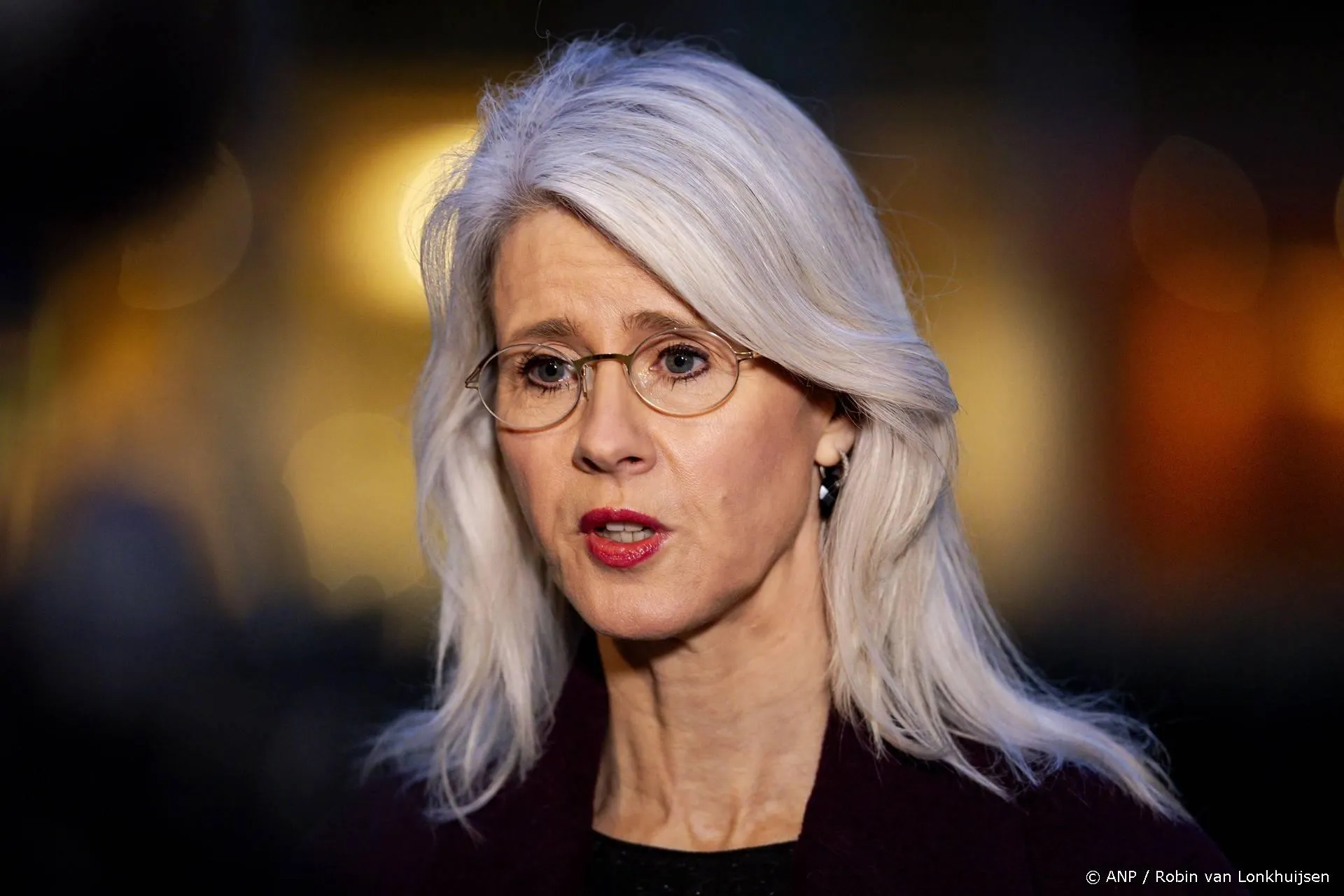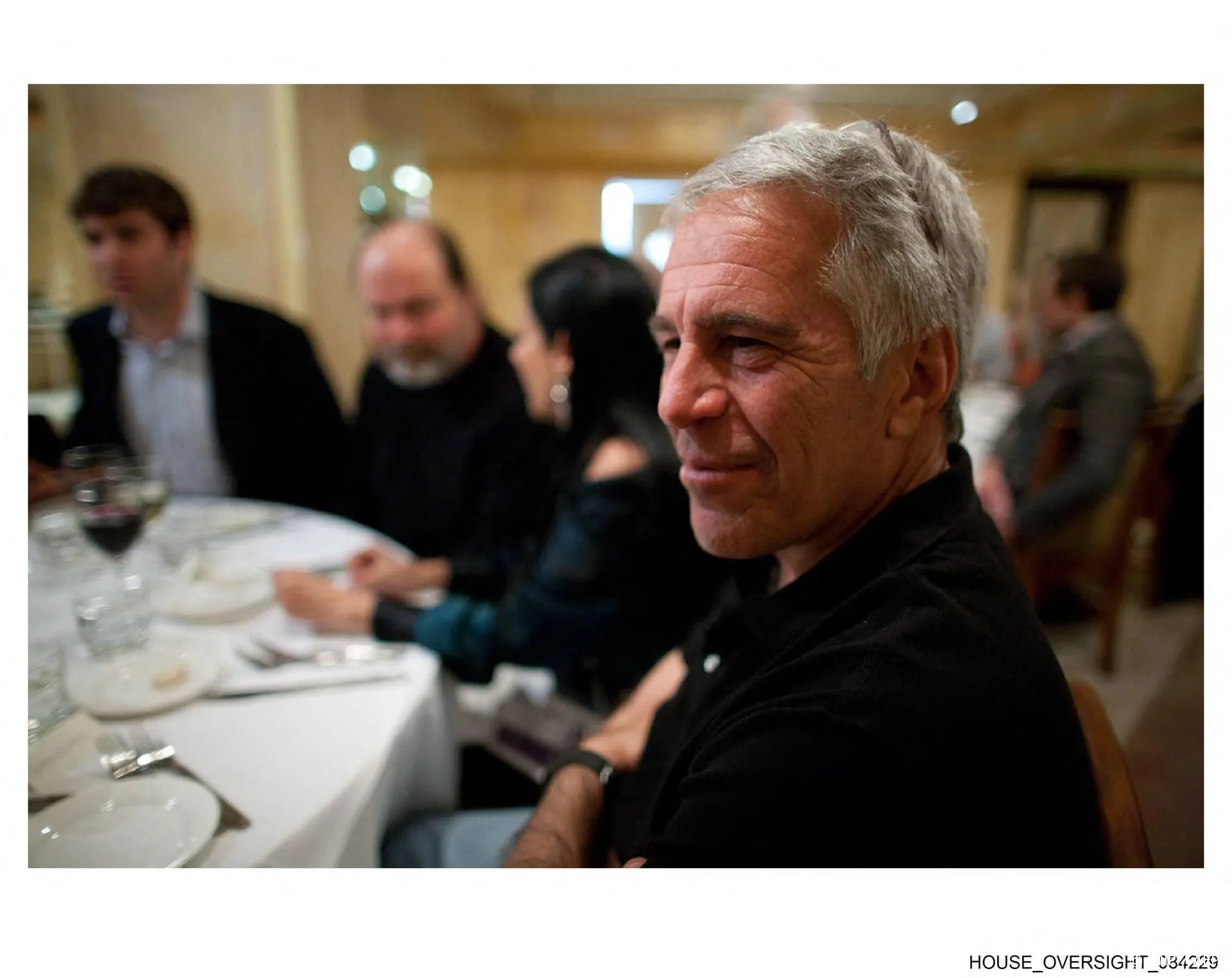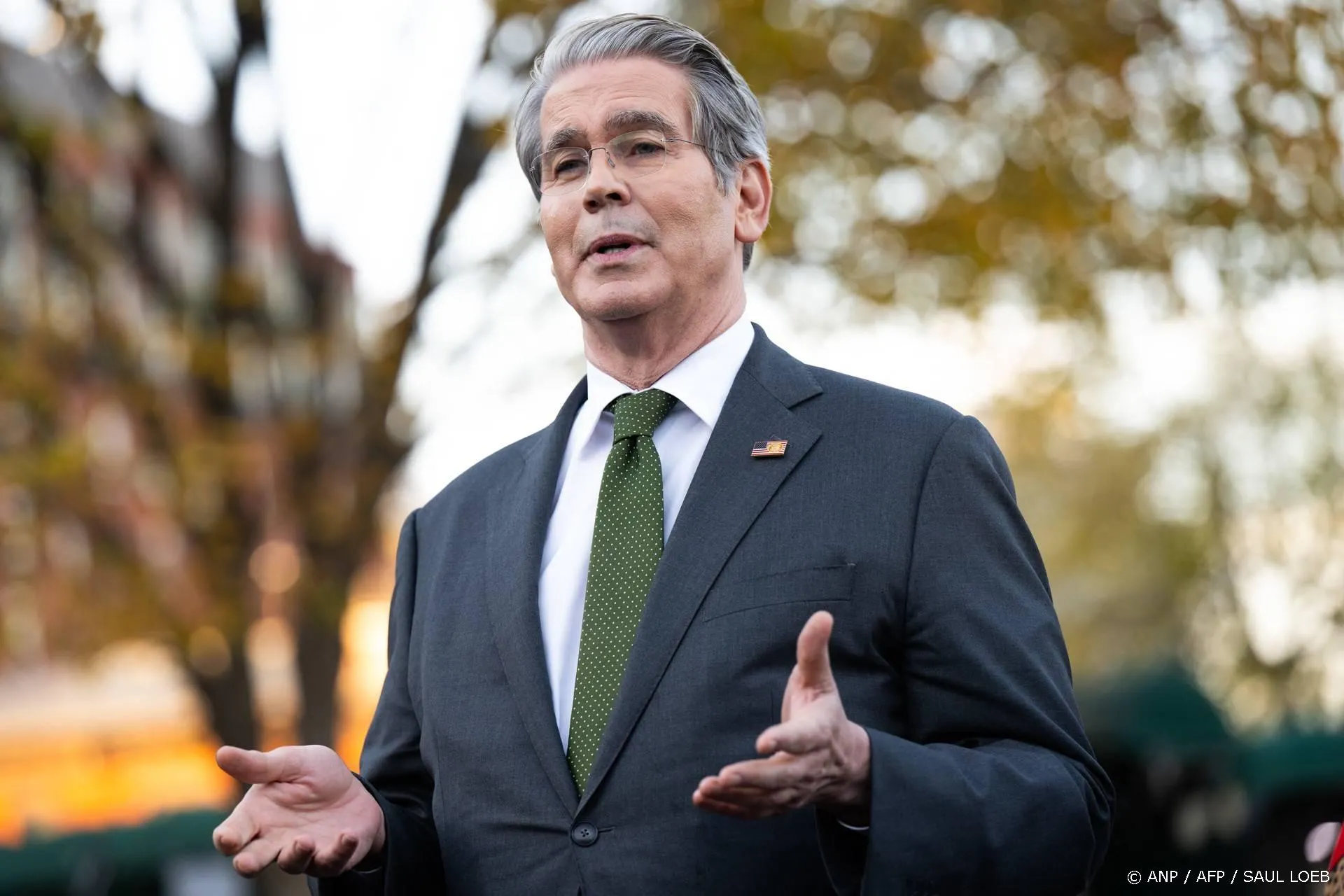Doormodderen met het VN-klimaatpanel

Reforming the IPCC
The report of the InterAcademy Council on the IPCC is a real step forward. I think it struck just the right balance between recognizing the panel's accomplishments and criticizing its methods and organization. The best part, though, is that its judicious stance may well achieve some useful results, because its recommendations are going to be difficult to ignore.
Climate-change skeptics are mostly celebrating a report that, they say, slams the IPCC. A little to my surprise, champions of the panel and its work see a report that, in the words of RealClimate, appears mostly sensible and has a lot of useful things to say. ... Contrary to what you might think, these apparently conflicting interpretations are encouraging. They mean that neither side is dismissing the report's recommendations -- which are substantive and far-reaching. Finally, consensus. Governments should get on with it, and make the recommended changes forthwith.
As I say, substantive and far-reaching. If the report's recommendations are implemented in full, the prospects for restoring public confidence in the IPCC will be much improved.
Climate of Uncertainty
Global warming science is still evolving; will future IPCC reports reflect that?On Monday an independent review found that the U.N.'s Intergovernmental Panel on Climate Change has downplayed uncertainties surrounding climate science. The review also found that the IPCC needs more robust safeguards against conflicts of interest, that it had committed "unnecessary errors" by failing to meet its own standards, that it had inadequately flagged its use of nonscientific sources, that it made claims with "high confidence" based on "weak evidentiary basis," and that it gave short shrift to dissenting scientists.
And for all that, the review added that the IPCC "has been successful overall and has served society well."
IPCC Reform May Be Impossible
The phrase, curates egg derives from an 1895 cartoon in the satirical British magazine Punch. A humble curate is having breakfast at the table of a bishop. The bishop suggests that the curate may have a bad egg. Oh, no, my Lord, responds the curate, I assure you that parts of it are excellent.
Of course, you cant have an egg that is partly bad, which is why the curates egg came to mind when looking at this weeks independent review of the UNs Intergovernmental Panel on Climate Change (IPCC) by the InterAcademy Council (IAC).
Following the largely whitewash internal reviews of Climategate, not much was expected from the IAC, a science bureaucracy that is firmly within the orbit of the UNs brand of Global Salvationism. Still, the review had to contain some acceptable level of criticism. Its central claim, however, is that, like the curates egg, the IPCC is good in parts, and that it can be rendered fresh and credible with a little tightening of policies and procedures, more transparency, tighter reviews, more responsiveness to stakeholders, new Executive committees, better communications etc. etc.
In the wake of the report, both UN Secretary General Ban Ki-moon and Achim Steiner, head of the United National Environment Programme, UNEP (one of the IPCCs institutional parents, and thus hardly un-conflicted) claimed that the IAC had done nothing to undermine the solid science. According to Mr. Steiner who pulled out the authority card The thousands of scientists involved in the fourth assessment of the IPCC concluded that it is over 90% certain that human beings and their activities are contributing to climate change.
Mr. Steiner didnt seem to have noticed that one of the IACs criticisms refers to this kind of use of numbers to create spurious certainty. Meanwhile his claim is flagrantly deceptive. The vast majority of those thousands of scientists are not climatologists. Nobody doubts that climate change is happening. It never stops. Nor might one doubt some marginal effect from increased levels of CO2 due to industrial society. The question is, again: How much, and when? The bigger question is what, if anything, to do about it? None of these issues is the slightest bit settled.
As for True Believers in the media, one Canadian national daily newspaper suggested that the IACs approach might have been too timid if the IPCC is to bulletproof itself from the small group of dissenters that attack it daily.
But the group of dissenters is growing, and their dissent is proving increasingly valid. Meanwhile the notion that the IPCC needs to bulletproof itself is analogous to the Church of Galileos time suggesting that it might bulletproof the Office of the Geocentric Universe.
Bulletproofing suggests an even less-responsive IPCC, which is certainly not an option. In fact, reform may be impossible. Mixing science and politics made the IPCC a curates egg from the start.
Lees ook
Loading


